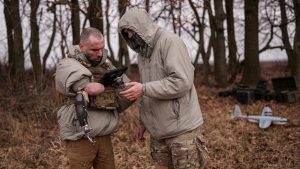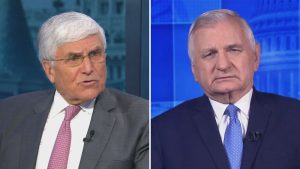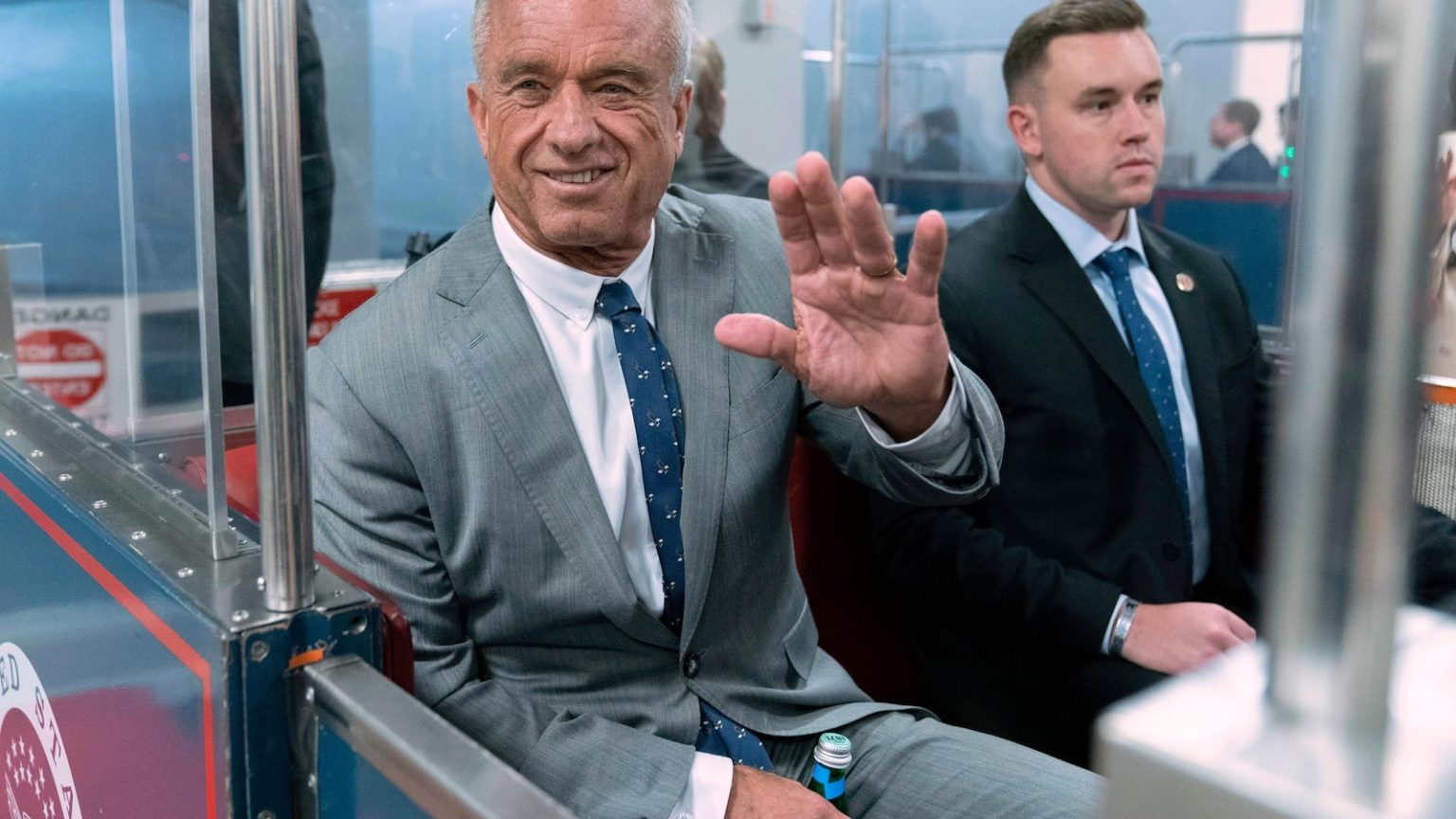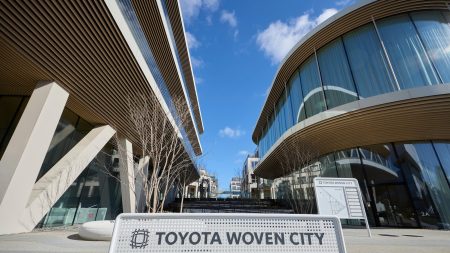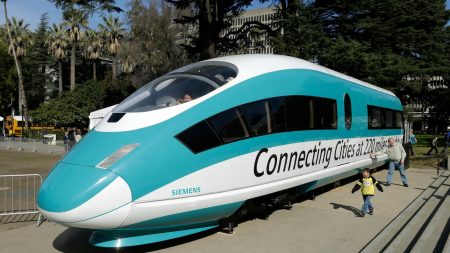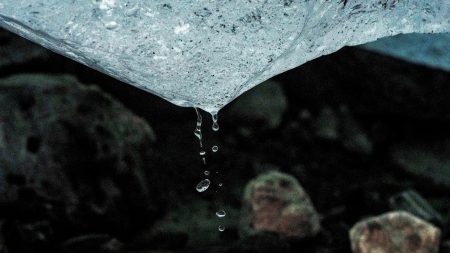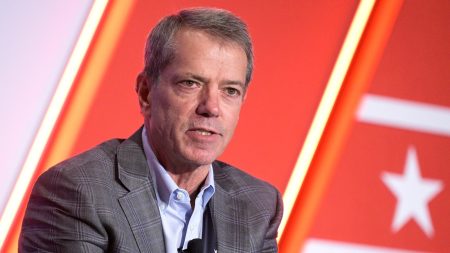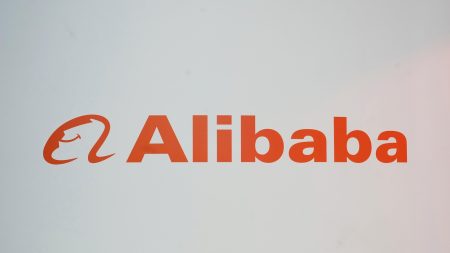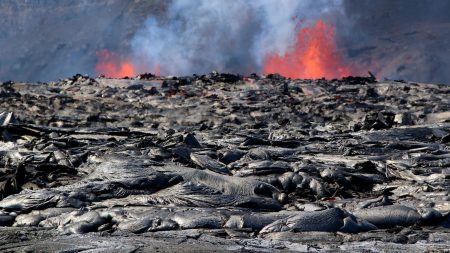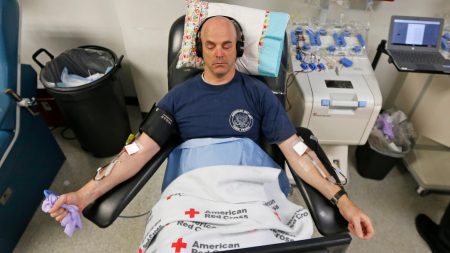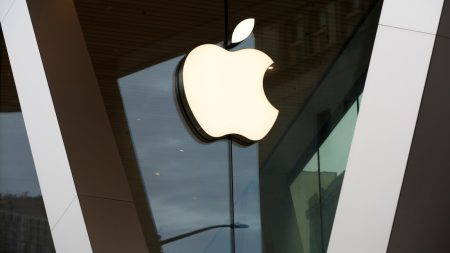The 2019 Samoa Measles Epidemic: A Devastating Outbreak
The 2019 measles epidemic in Samoa was one of the most devastating public health crises to hit the small Pacific island nation. The outbreak, which began in late 2019, claimed the lives of 83 people, the majority of whom were children under the age of five. The epidemic spread rapidly, fueled by low vaccination rates and widespread misinformation about the safety of vaccines. At the height of the crisis, Samoa’s healthcare system was overwhelmed, and the government was forced to declare a state of emergency. Vaccination campaigns were ramped up, and international aid poured in to help contain the outbreak. By the time the epidemic was brought under control, the people of Samoa had suffered immense loss, and the incident became a stark reminder of the importance of public health infrastructure and the dangers of vaccine hesitancy.
Robert F. Kennedy Jr.’s Controversial Claims
During a tense U.S. Senate hearing in 2023, Robert F. Kennedy Jr., who was under consideration for the role of U.S. Health Secretary, made controversial remarks about the 2019 Samoa measles epidemic. Kennedy, a well-known anti-vaccine advocate, suggested that the cause of the 83 deaths during the outbreak was unclear and that some of those who died may not have actually had measles. His comments were met with intense scrutiny and outrage, particularly from Samoan health officials who were on the front lines of the epidemic. Dr. Alec Ekeroma, Samoa’s Director-General of Health, categorically denied Kennedy’s claims, calling them “a complete lie” and “a total fabrication.” Ekeroma emphasized that the deaths were directly linked to measles and that the claim that some victims did not have the disease was entirely unfounded.
The Root Causes of Samoa’s Vaccination Crisis
The 2019 measles epidemic in Samoa was not just a result of bad luck; it was deeply rooted in historical and systemic issues related to vaccination rates. In 2018, two babies in Samoa died after receiving the MMR (measles, mumps, and rubella) vaccine, which was later found to have been improperly prepared. This tragic event led to widespread fear and distrust of vaccines among the Samoan population. As a result, vaccination rates plummeted, and the government temporarily suspended its immunization program for 10 months. This period of low vaccination coverage created a perfect storm for the measles outbreak, as the virus spread quickly among an unprotected population. The epidemic served as a stark reminder of the importance of maintaining high vaccination rates and the need for transparent and effective public health communication.
Kennedy’s Visit to Samoa and Its Impact
Robert F. Kennedy Jr.’s visit to Samoa in 2018 has been widely criticized for its potential role in fueling anti-vaccine sentiment in the country. Kennedy’s trip was organized by a local anti-vaccine influencer, and during his time in Samoa, he met with government officials and anti-vaccine advocates. While Kennedy has denied that his visit was related to vaccines, claiming instead that he was there to introduce a medical informatics system to improve healthcare delivery, his actions and associations suggest otherwise. Dr. Alec Ekeroma and other Samoan health officials have accused Kennedy of emboldening anti-vaccine groups and spreading misinformation. Social media posts from anti-vaccine advocates who met with Kennedy during his visit further suggest that his influence was felt deeply in the country.
The Global Implications of Kennedy’s Nomination
The possibility of Robert F. Kennedy Jr. being appointed as the U.S. Health Secretary has raised significant concerns both in Samoa and around the world. If Kennedy were to take on this role, he would have significant influence over U.S. public health policy, including funding for vaccination initiatives both domestically and internationally. Dr. Alec Ekeroma has warned that Kennedy’s appointment would be “a danger to us, a danger to everyone,” particularly for small island nations like Samoa that rely heavily on U.S. support for their healthcare systems. Ekeroma expressed concerns that Kennedy could use his position to restrict access to affordable vaccines, further undermining global vaccination efforts and putting vulnerable populations at greater risk of preventable diseases.
Conclusion: Lessons from the Samoa Epidemic
The 2019 Samoa measles epidemic and the subsequent controversy surrounding Robert F. Kennedy Jr.’s claims serve as powerful reminders of the critical role that public health infrastructure and accurate information play in protecting communities from preventable diseases. The epidemic highlighted the devastating consequences of vaccine hesitancy and the importance of maintaining high vaccination rates. It also underscored the need for global solidarity in the face of public health crises, as well as the dangers of misinformation and the influence of anti-vaccine advocates. For Samoa, the epidemic has led to renewed efforts to rebuild trust in vaccines and strengthen the country’s healthcare system. However, the global implications of Kennedy’s anti-vaccine activism remain a pressing concern, serving as a cautionary tale about the importance of leadership and accountability in public health.

